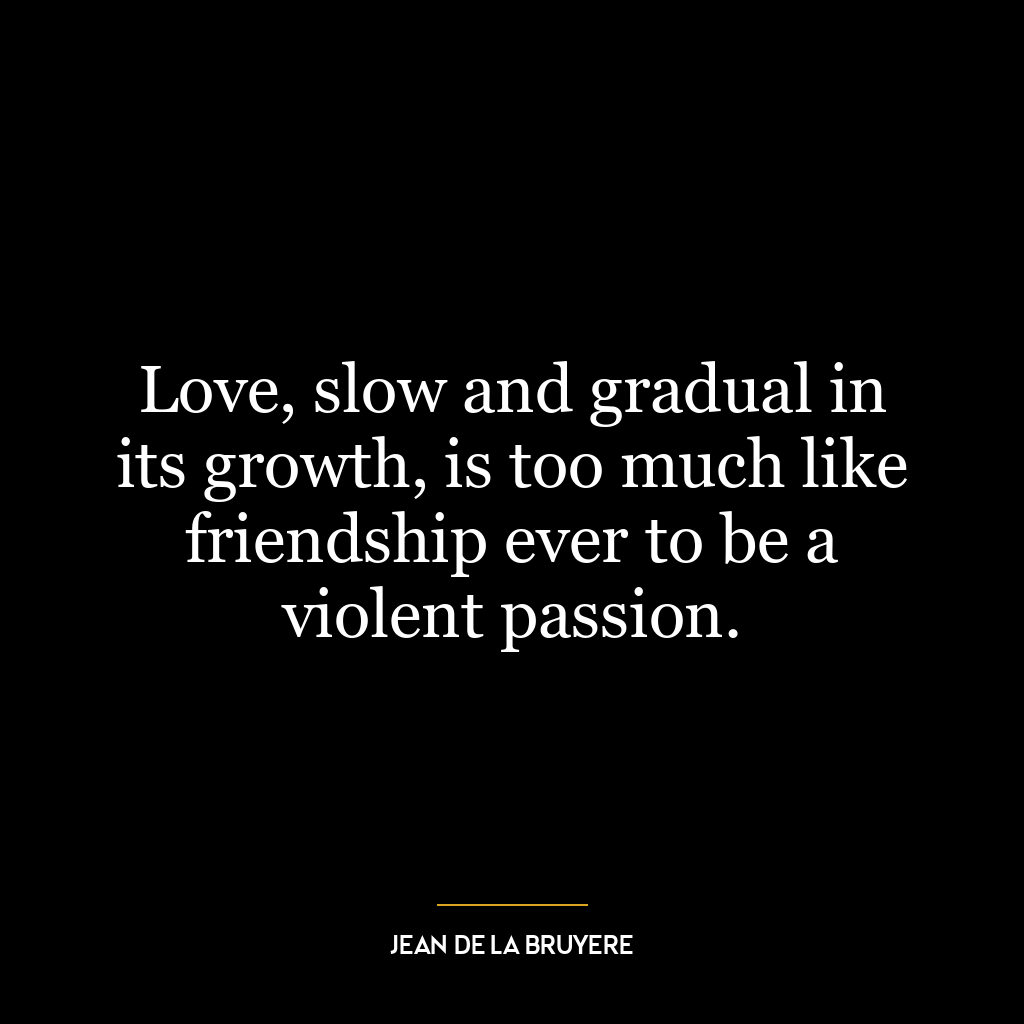This quote is a cautionary statement about the dangers of giving in too much to temptation or distraction, represented here as “dalliance.” The second part of the quote suggests that even the most solemn promises (“the strongest oaths”) can easily break under intense passion or desire (the “fire in the blood”).
Shakespeare is essentially warning us against letting our passions adn desires control us. He’s saying that when we let ourselves be ruled by these feelings,we risk breaking our promises and commitments. This could lead to damaging consequences such as ruined relationships, loss of trust, or missed opportunities.
In today’s world, this idea remains relevant in many areas. For instance, consider personal goals like fitness or financial stability. It’s easy to make a strong oath to stick to a diet plan or save money each month. But if we give too much rein to our desires—for example for junk food or impulsive shopping—we might fail at these goals.
The same applies in professional settings where distractions are plentiful—social media, gossiping colleagues etc.—and it takes discipline not just make commitments but also stick with them amidst alluring distractions.
In terms of personal growth, this quote could serve as a reminder about the importance of self-discipline and commitment integrity when pursuing long-term growth and success. It reminds us that while it’s human nature to be tempted by immediate gratification (the “fire in the blood”), true progress frequently enough requires resisting such temptations and staying true to one’s commitments (“oaths”).
So whether you’re trying to build healthier habits, advance your career skills or improve your relationships with others—remember shakespeare’s wisdom: don’t let your dalliances have too much rein lest they burn through your strongest oaths.















